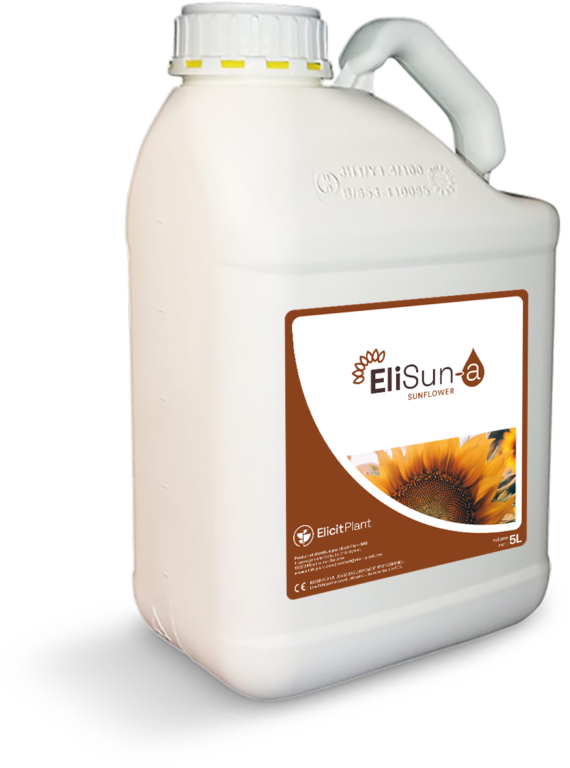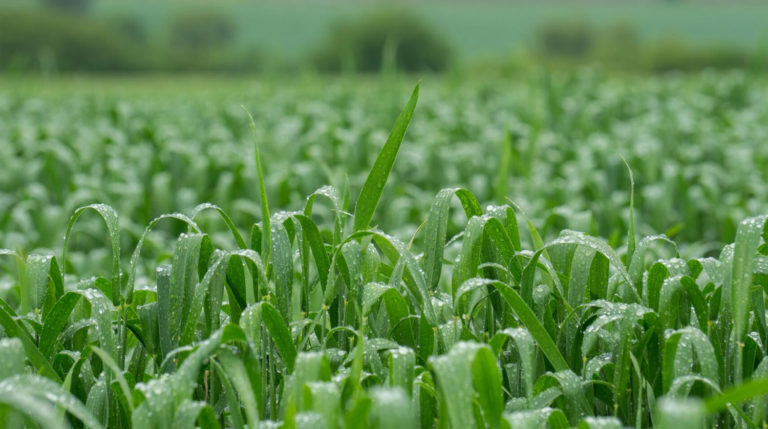As a spring crop with a short growing season, sunflowers are renowned for their resistance to drought. They can even reach their optimum yield with only 75% of their water needs covered. “This is one of the reasons why sunflowers are frequently sown on low-potential soils,” explains Clara Menanteau, Agronomist in charge of Sunflower and Rapeseed R&D at Elicit Plant. “The sunflower’s root system can penetrate down into the soil, up to two meters deep. In the event of water shortage, it can also self-regulate its foliar system to consume less water.”
Can a lack of water affect sunflower yields?
Sunflowers may be water-efficient, but this does rule out phases of heightened sensitivity. At certain stages of development, sunflowers need to cover their full water requirements, otherwise yields can decline. Successive episodes of severe water shortage impact yields by as much as 30%, or even 50%. “Considering average yields for 2023, i.e. 2,580 kg per hectare, this can mean at least 800 kg for dry-farmed sunflowers,” confirms Clara Menanteau.
When are sunflowers susceptible to water shortage?
Sensitivity to water shortage begins in the flowering phase, which occurs during the summer months, precisely when there is less rainfall. “Another key moment is the seed filling stage,” adds Clara Menanteau. “Water requirements are high at this time, so a deficit would have an impact on the fruit development stage and on the thousand seed weight.” According to Terres Inovia, 230 mm of water (available water content + rain + irrigation) are required from the very beginning of flowering to the end of seed filling to ensure a yield of 3,000 kg per hectare.
What can be done to prevent sunflowers’ exposure to water shortage?
Shallow tillage followed by sowing the seed 5 cm deep into the soil is generally sufficient to ensure good rooting of the crop, with a recommended sowing density of 60,000 to 75,000 seeds per hectare. Another profitable strategy is to try and shift the flowering phase to periods of lesser exposure to drought stress by choosing a variety with a shorter growth cycle, and simultaneously bringing forward the sowing date… weather permitting.
Are there solutions to help sunflowers resist against water shortage?
Irrigation is of course a beneficial and effective solution when access to water is possible, but this only covers 5% of sunflower acreage. When it comes to combating lack of water, phytosterol-based solutions deliver excellent results. EliSun-a, designed by Elicit Plant specifically for sunflowers, provides the crop with ‘water comfort’ throughout its growth cycle. “EliSun-a can be applied at the same time as a foliar spray of boron and molybdenum, two trace elements whose deficiency reduces sunflower yields by 400 kg to 500 kg per hectare, and even up to 1,000 kg per hectare in certain cases,” underlines Clara Menanteau.
How does EliSun-a help plants cope with water shortage?
EliSun-a stimulates plant metabolism. After application, the stomata on the leaves partially close, which means gas exchange within the plant is thus better regulated, reducing the water lost through evapotranspiration. EliSun-a also supports root system development before flowering. These combined effects boost the plant’s ability to withstand dry spells by maximizing water efficiency.
What are the results achieved with EliSun-a?
Application at the 8 to 10 leaf stage during the vegetative phase produces larger, better-formed flower heads. Leaf wilting is reduced (by 16%), and there is a prolonged ‘stay green’ effect, plus a higher number of fertilized flowers (fertility +5%). The positive effects are seen at harvest. “We have seen a 320 kg increase in yield across all our trials in 2023,” concludes Clara Menanteau.






